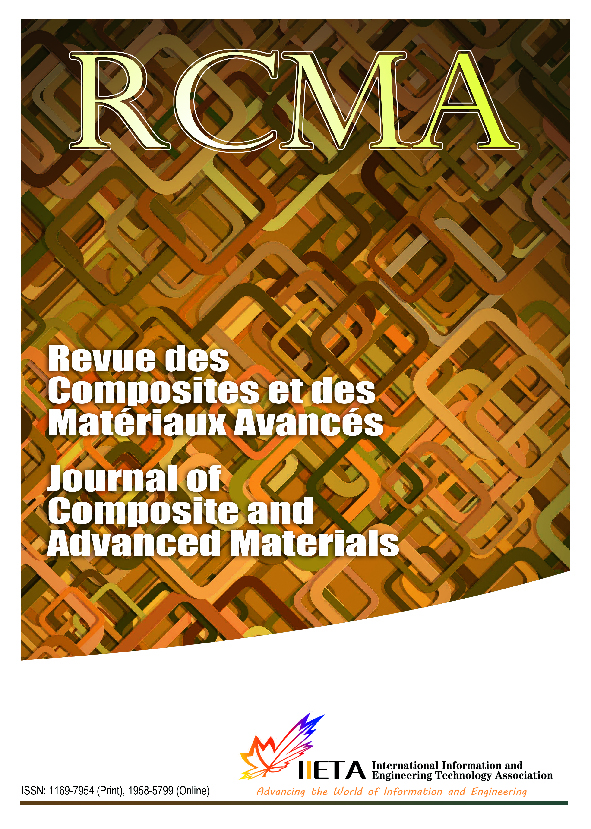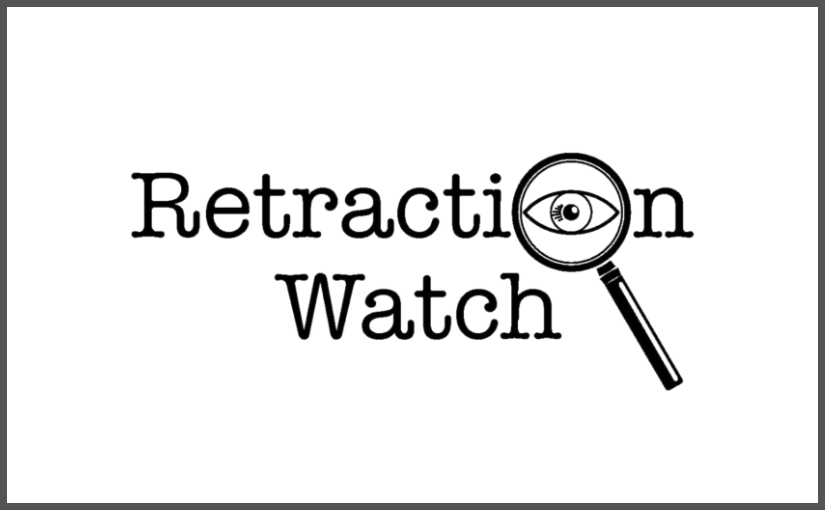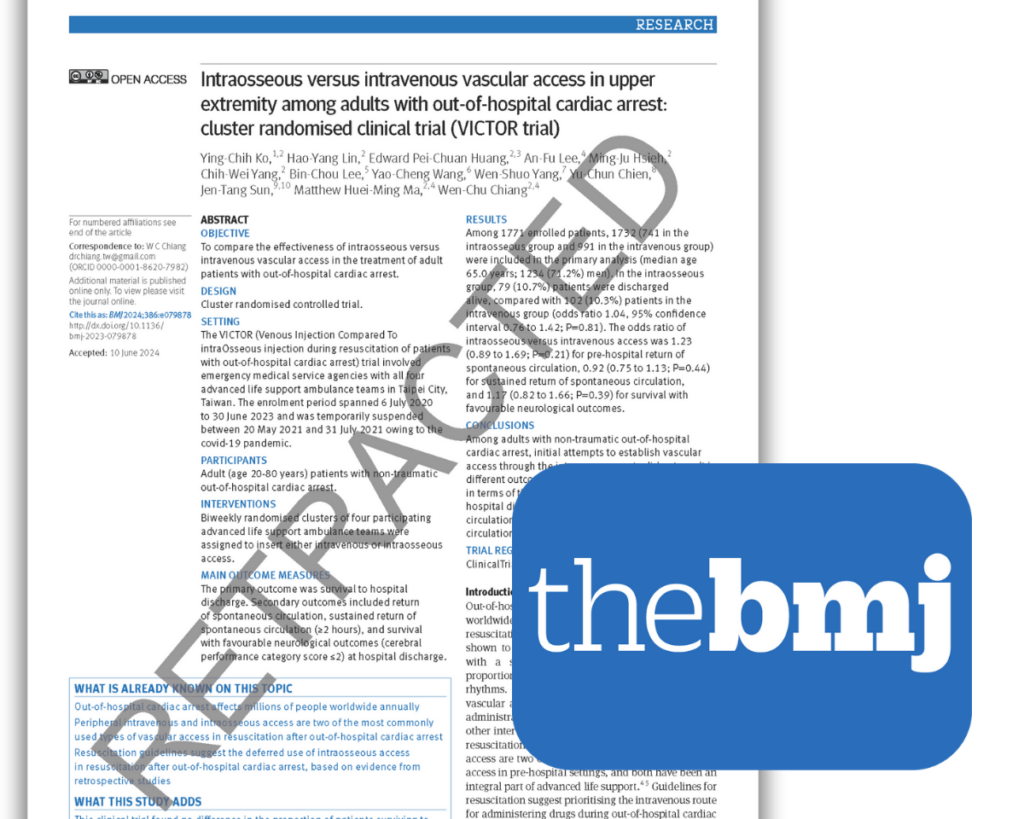Editors of a materials journal have resigned six years after the title was purchased by a publisher based in Canada, claiming the company “multiplied the number of publications while increasing prices at the expense of quality.”
Revue des Composites et des Matériaux Avancés (RCMA) was published by Lavoisier, a French firm, until late 2018. It was then purchased by the International Information and Engineering Technology Association (IIETA) “without anyone being informed,” former editor-in-chief Francis Collombet wrote in a January 5 resignation email signed by 22 other board members.
The resignation continues: “We, the members of the RCMA editorial board, can no longer serve as a guarantee for IIETA, which, by buying up quality journals, has multiplied the number of publications while increasing prices at the expense of quality.”
Continue reading ‘I have never been asked to review anything’: Editors resign from materials journal






